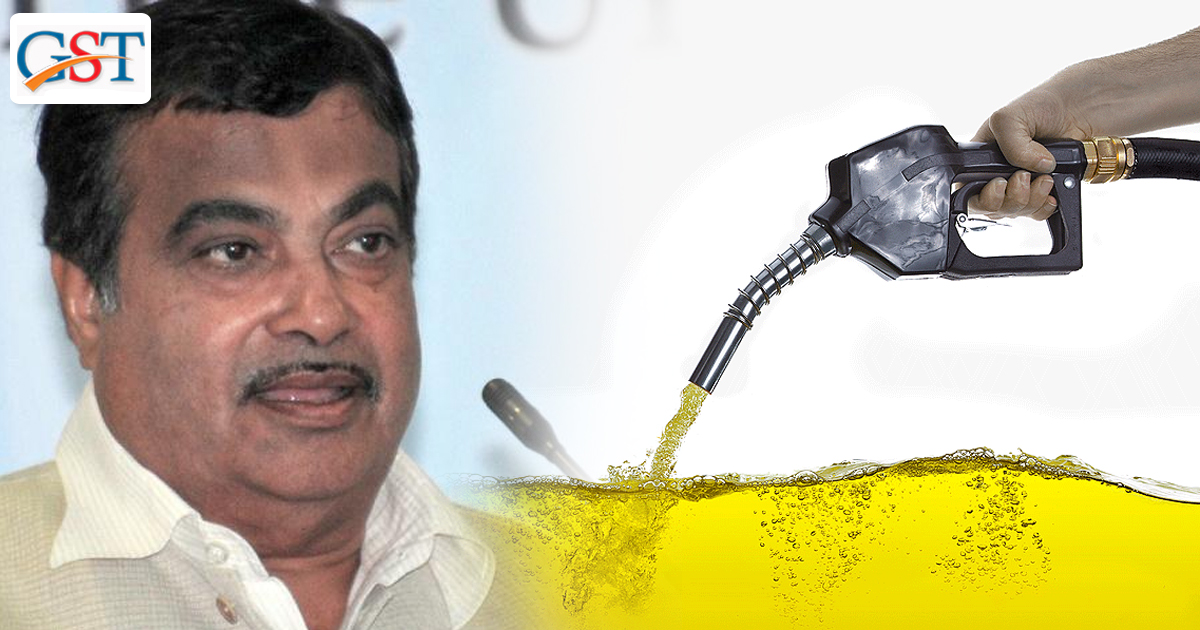Nitin Gadkari, Road Minister has written a letter to Union Finance Minister Arun Jaitley to review the higher taxation rates on alternative fuels such as biodiesel and ethanol, in the light of new regime.
Under the Previous Regime, biodiesel attracted zero percent excise duty with many of the states like West Bengal, Uttar Pradesh, Chhatisgarh, Rajasthan, and Uttarakhand, imposing zero percent tax (value added tax) on biodiesel. The Biodiesel Association of India stated that due to the higher GST tax rates on biodiesel items there will be a negative influence on the sector. The body is fearing that the biodiesel industry might have to shut their doors due to higher Goods and Services (GST) rates. As industry already have to deal with complex issues such as varied taxation policies of the states.
The association had stated in a statement that, The government itself wants to cut down the prices of crude oil import by 10 percent but due to the higher GST rates, it will make it expensive in front of the diesel as well as non-competitive.
Alternative fuels such as biodiesel and ethanol would attract 18 percent tax rate under GST while the industry body also stated that, Due to increase in prices at around Rs 5 per litre would stop mass consumption by existing users such as railways, road transporters, and oil marketing companies.
Read Also: GST Impact on Automobile and Spare Parts Industry in India
Road Transport Minister also requested Jaitley, to reduce the tax rates on hybrid cars. After the implementation of GST, Hybrid cars are imposed with 28 percent high tax rates with additional 15 cess. Railway Minister has requested to FM Jaitley to reduce the GST rates on hybrid cars as they already run on alternative fuels making support in environment-friendly initiatives. Previously, hybrid cars were imposed with an excise duty of 12.5 per cent along with an effective overall tax rate of 30.3 per cent.
Camry Hybrid and Prius from Toyota and Honda Accord are some of the popular hybrid cars which are sold India. These cars lie in the range between Rs 31.98 lakh and Rs 38.96 lakh while many of the other companies are also planning to enter into this segment.
Oil Minister Dharmendra Pradhan stated that the prices of subsidised cooking gas have increased by Rs 4 per cylinder after the implementation of GST. The Central Government has approved the prices hiked by oil marketing companies on subsidised cooking gas (LPG) to reduce all subsidies by March 2018.









